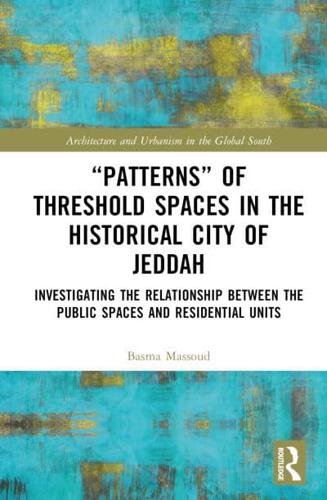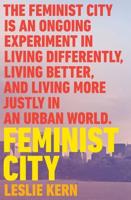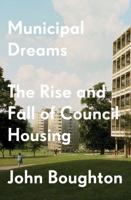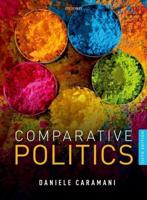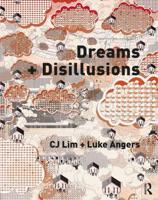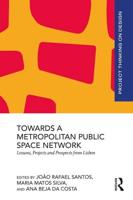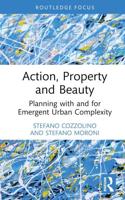Publisher's Synopsis
"Patterns" of Threshold Spaces in the Historical City of Jeddah explores the meaning of threshold spaces and investigates the relationship between the public spaces and residential units in the historical city of Jeddah, Saudi Arabia, while at the same time revisiting Christopher Alexander's theory in his canonical 1977 book, A Pattern Language.
This book questions and analyses "patterns" relating to the cultural, social, and environmental particularities of Jeddah, with special attention paid to the effect of gender segregation in the city's urban configuration. It discusses the extension that has been undertaken through testing a concept from the urban design theory of the West (the United States and Canada) and applying it to an Islamic city to find patterns in four different scales, which form the basis of the investigation (body, building, street, and city). Empirical methods have been used in the context of historical Jeddah, through which patterns are investigated using different approaches for the different scales. The book aims to explore the meaning of threshold spaces in old Jeddah. Furthermore, it shows that there are eighteen patterns of threshold spaces in the old town: patterns that are solely related to this specific case study, as well as modified patterns to the ones explored by Christopher Alexander. This book shall allow not only a better understanding of the relationship between housing and the historical city but also an exploration of the role of the threshold space in shaping the old city of Jeddah.
It will be of interest to researchers, students of architecture, urban planning and anthropology studies, and people involved in cultural heritage, both academics and practitioners.
